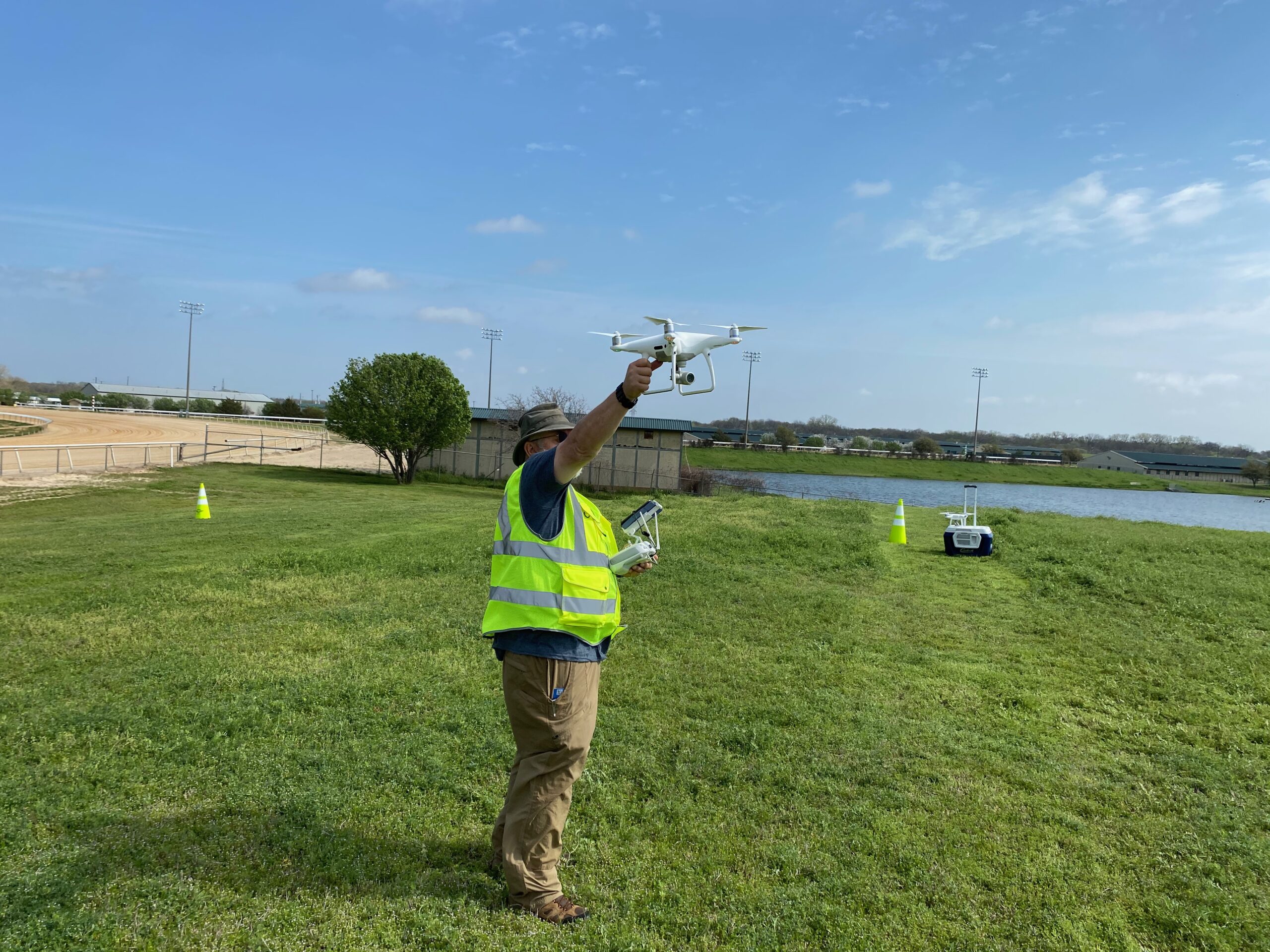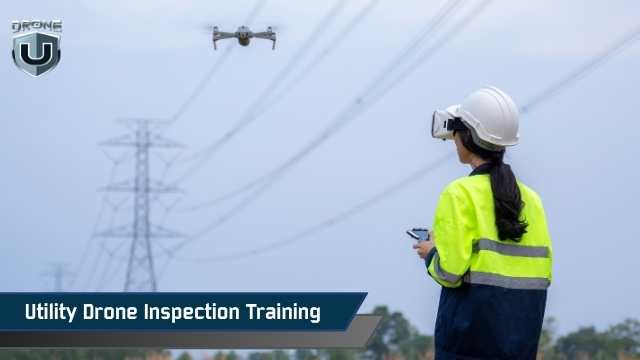According to a PWC report, drone services in security and surveillance will generate $10 billion in annual business by 2020. This is a HUGE opportunity for drone pilots and drone service providers.
But, there are some niggling questions that need to be answered first. How can you provide continuous surveillance if you are limited by a 20-25 minute battery time? Privacy is always a concern. And, what are the drone laws as far as security and surveillance is concerned? We discuss all this and more in this blog post.
Is Continuous Surveillance Possible with Drones? Yes…Find out How
Your Inspire or your Phantom does not have a battery life exceeding 20-25 minutes. While this will suffice for many applications, when it comes to continuous surveillance, you need a better solution. One possible solution is attaching a drone to a power source via a tether. The Hovermast – 100 and Cyphy’s PARC are examples of such tethered drones. The power source of the tethered drone can be also mounted on a moving vehicle, if required.
Such surveillance systems are termed as “Persistence Surveillance Systems”.
While tethered drones negate the need for expert piloting skills, there is a chance that the drone might get tangled up with the tether and crash. In order to counter this, drone manufacturers are coming with some innovative solutions. For instance, Cyphy spools their tether as the drone goes up higher and higher in the air. Moreover 30x zoom on the Cyphy ensures that all activities can be monitored even from afar.
You can even program the drone to sound off an alarm if someone attempts to cut off the tether. Moreover, because the drone would still be airborne for some-time after the tether is cut off, you can even capture images of rogue elements. Continuous surveillance via drones can also help prevent insurance fraud. Drone surveillance allows you to have a permanent record of installation which can help adjustors reject any false claims.
Apart from continuous surveillance, you can also use drones to create 3D drone maps of a client’s properties. Doing so would allow you to know all the ins and outs, and all hiding places. In case of a burglary, these 3D drone maps can be extremely useful.
Do You Need a Part 107 Certification to Fly a Tethered Drone?
Drone pilots often ask us if Part 107 rules apply to a tethered drone. Can drone pilots fly a tethered drone under Part 101 rules? Does the FAA “treat” a tethered drone like a hot air balloon? Unfortunately not. Please refer the following excerpt from the Drone Pilot Field Kit. This is FAA’s explanation which clarifies the need for a Part 107 license in order to fly a tethered drone –
Moored balloons, kites, amateur rockets, and unmanned free balloons are currently regulated by the provisions of 14 CFR part 101.
FAA regulations define a balloon as “a lighter-than-air aircraft that is not engine driven, and that sustains flight through the use of either gas buoyancy or an airborne heater.”
So, clearly Part 107 rules do apply to an engine-driven tethered drone.
Can Drones Be Used for Surveillance Without Infringing on Anyone’s Privacy?
This blog post would be incomplete without a discussion on this topic. Skeptics of drone technology have been voicing their concerns about privacy. Sure – clearing defining the Do’s and Don’ts is really important. Folks who are controlling drone technology need to ensure that adequate restraint is exercised. At the same time, naysayers need to remember that in this digital age, our personal information is already compromised. Satellites have been monitoring us for ages. And, we just need to recollect the Cambridge Analytica data scandal to remind ourselves how easy it is for Facebook and Google to access our personal information.
Organizations like CISCO are already collecting data via drone surveillance. Instead of banning such technologies, the need of the hour is to have strict legislature in place. Proper implementation of drone technology can surely result in greater security without infringing on privacy.
Check out our Medium page for more such content
Do not forget to subscribe and Listen to Ask Drone U, the #1 drone podcast
Connect with a vibrant drone community by becoming a Drone U member






Add Your Comment